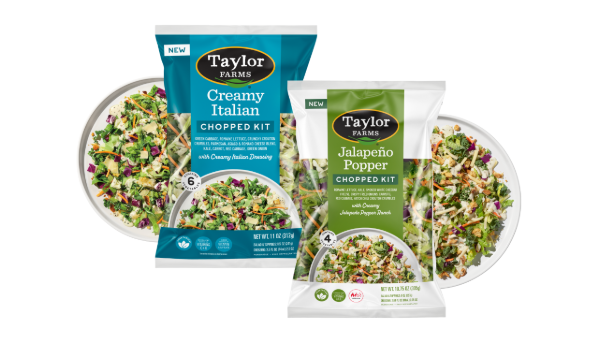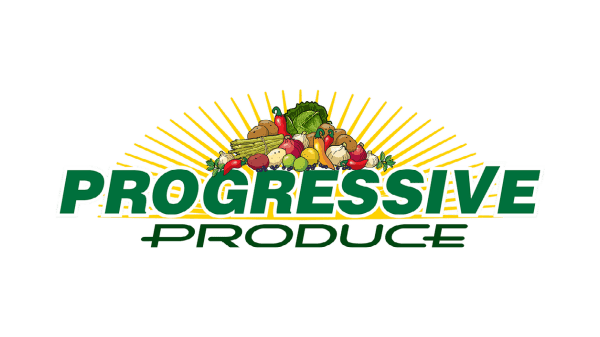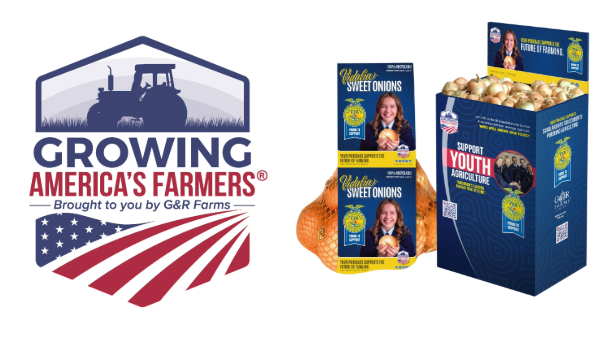Welcome to Blue Book!
Are you ready to join the thousands of companies who rely on Blue Book to drive smarter decisions? View our plans and get started today!
Still have questions? We’d love to show you what Blue Book can do for you. Drop us a line– we’ve been waiting for you.

The health and wellness trend, in general, may have helped dampen the effects of the recession for the produce industry, but VanSickle points out that many consumers are still barely surviving and have more immediate concerns than eating healthy, especially when fresh produce can be among the more higher-priced items in stores. “The question,” O’Rourke posits, is “when will the lower-half of income distribution get back to buying fresh fruits and vegetables?”
Retail Ramifications
In some ways, retailer reactions to the recession helped exacerbate the challenges, according to Anthony Totta, managing partner at FreshXperts LLC, a consortium of produce consultants. “There was some trading back from value-added to basics, but it was short-lived,” he says. “The trade overreacted by eliminating varieties and choices, going bare bones and streamlining selection. Then it became a self-fulfilling prophecy that caused sales to be impacted.”
Totta continues, “The lesson is to act and not react. One case instead of five cases might be the way to go on the higher end, but revamping the whole department to eliminate variety is not the way to go. Limiting choices is a mistake.”
Zerr sees a post-recession change in how suppliers are purchasing product from growers. Rather than staying with the same specifications year after year, many are focusing on peak crops to secure the best quality product for competitive prices each season.
“Most customers are now using more of a common sense approach to determining what to buy,” Zerr explains. “Some customers who were flexible in this regard have done very well in the last five years, and some who were not…have suffered.”
Concessions & Takeaways
There is no doubt the recession was very difficult for some in the produce industry. “Companies hunkered down, and it was survival of the fittest,” Van- Sickle says, which in turn led to closures and bankruptcies. “The number of growers was down during the recession and will stay down after the recession.” Although he believes local produce and niche markets will be bright spots, VanSickle believes the landscape will remain challenging for companies targeting broader markets.







